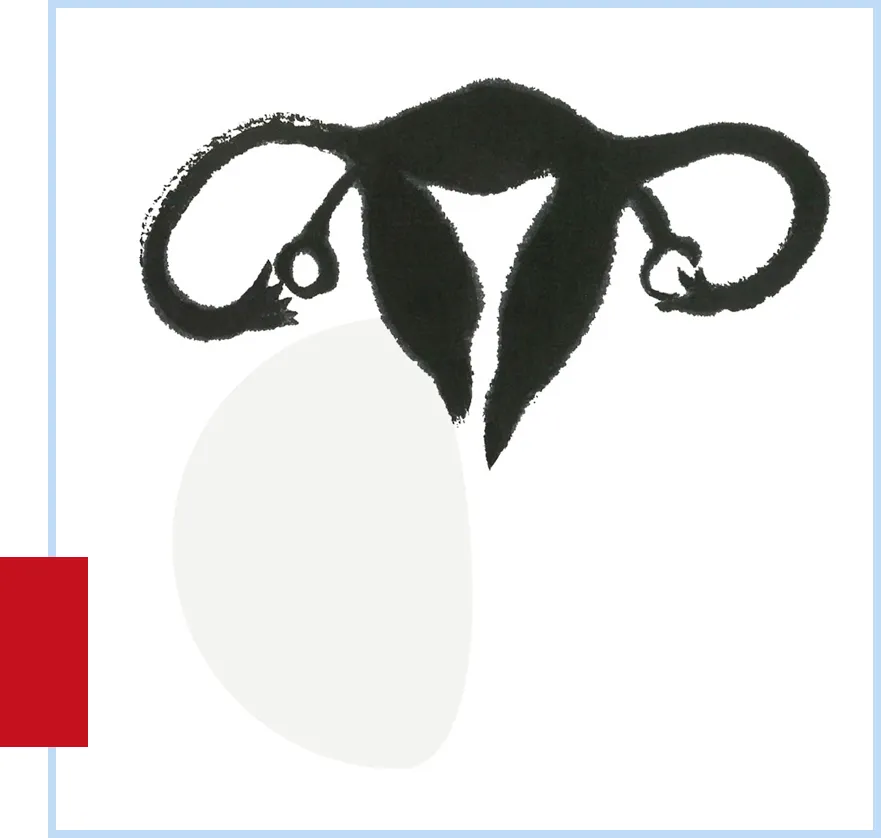Give us a call on
020 7096 0283
We offer a second opinion service where you can send us your hormone test results, sperm test results and other results. We offers our opinion based on our longstanding experience in this field on the phone. It will not be a face-to-face medical consultation.
Egg quality is the simple most important factor for fertility whether you are considering natural conception, egg freezing or IVF.
If you’re looking to do egg freezing or IVF (which often involves freezing eggs), it is almost certain that your consultant will ask you to do an anti-Mullerian hormone (AMH) test. The reason being that what he is most interested in is to see how good your egg reserve is.
AMH test result is a proxy reading of your egg reserve. This in turn gives an egg freezing/IVF specialist a good idea of how many eggs he is likely to collect when you are under hormonal stimulation.

The AMH test is therefore a prerequisite for egg freezing.
While AMH test tells you your egg reserve and quantity, it is not a measure of egg quality. However, if your AMH is too high, it may indicate that you have some form of hormonal imbalance which may impact egg quality.
The Female Fertility Profile test gives an indication of your egg quality since if your key reproductive hormones are at the right level and are in balance, your egg quality is likely to be good. Conversely, if these hormones are at the wrong level, your egg quality is likely to be poor.
The rationale is rather simple. These hormones play a key role in regulating your periods. If they are the wrong level, you may find that your periods are too long or too short. You may be have prolonged spotting, or bleeding in between periods. Your periods may even go missing. You may not be ovulating in some months. These hormones are directly linked to poor egg quality.
Egg quality treatment will therefore involves improving these hormones thereby improving your egg quality. It often involves regulating your periods too.
Hence, AMH and the Female Fertility Profile tests are the standard tests you may wish to go for as a first step for egg freezing.
Fee £90 (AMH) + £155 (female fertility profile test) = £245
Includes a report, follow-up phone call to explain the result and to talk about potential treatments.
Next working day
If you are using contraceptives, it’s best to stop and wait until your first cycle starts.
You can do this test on day 2,3, 4 or 5 of your cycle. If you don't have periods for more than 2 months, you can do this anytime.
Ovulation is when one or more eggs are released from one of your ovaries. This happens towards the end of the time you are fertile between periods.
Each month, 15–20 eggs mature inside your ovaries. The ripest egg is released and swept into one of your Fallopian tubes, which connect your ovaries to your uterus. Your egg survives for less than 24 hours after you’ve ovulated, but sperm can survive for up to 7 days, so this means you don’t have to time sex to the exact moment you ovulate to get pregnant — you actually have a fertility window of about 6 days.
Progesterone is a female hormone produced by the ovaries during ovulation. It helps prepare the lining of the uterus (endometrium) to receive the egg if it is fertilised. Progesterone levels increase after ovulation and peak at day 21 of the menstrual cycle, so it is tested on that day to see if ovulation has occurred.
You make progesterone only during the brief 10-14 days following ovulation, which are the 10-14 days before your period.
You want to test progesterone when it is at its highest, which is about halfway through your luteal phase. In other words, it’s when you are 5-7 days after ovulation and 5-7 days before your period.
If your cycles are regular, it’s easy to know when to test progesterone. Simply identify the date of your next expected period, and then count 7 days before that. For example:
If your cycles are not regular, it’s harder to know when to test progesterone. The best plan is to detect ovulation and then count 5-7 days. You can detect your ovulation by:
£95
Includes a report, follow-up phone call to explain the result and to talk about potential treatments.
Next working day
If you are using contraceptives, it’s best to stop and wait until your first cycle starts.
You should come in on day 7 before your next cycle — day 1 being the first day of your menstruation.
We will explain the results to you and explore your options if there are issues. As a reputable laboratory carries out our tests, the results are accepted by doctors and clinics across the world. Most results are available between 1 and 3 working days.
Have a look at our comprehensive set of pathology tests below.
We’re also happy to offer advice on which tests may be appropriate for you and help interpret any results you already have.
Oops! Something went wrong while submitting the form
While we are happy to explain your test results to you, we always advise consulting your GP and having a proper medical consultation about your result. This is because these tests are Western medical tests and are best explained by Western medical doctors. We do not accept any liability regarding interpretation of test results should you wish us help explaining them.
If you have booked a test and decide to change the time or date, we are more than happy to help you change it to one that is convenient to you at no extra charge. However, cancellation will carry a small administrative fee of £30, before refund.